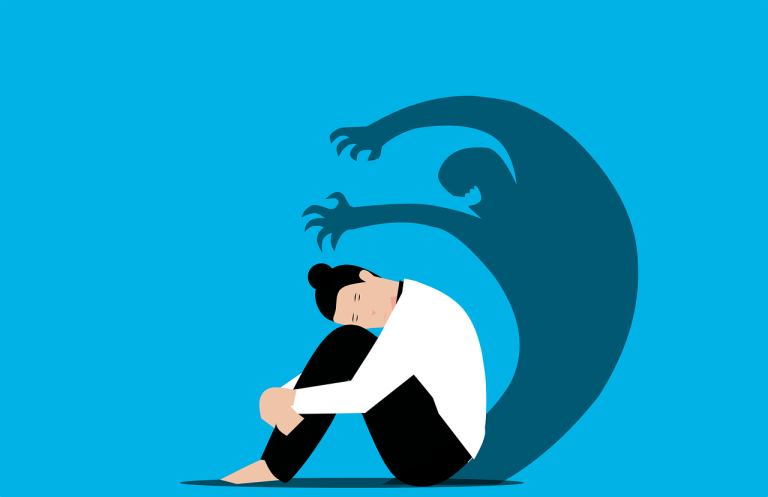The role of urgent care specialists in mental health is growing. covid yakima highlighted the need for quick, accessible care. Urgent care clinics, once seen as a place for physical injuries, now offer mental health support. They help treat anxiety, depression, and more. This shift means faster help for those who need it.
Why Urgent Care for Mental Health?
Historically, mental health care involved long waits and appointments with specialists. Urgent care offers a fresh approach. These clinics are open after hours and on weekends. This availability means more people get help when they need it. A person experiencing a mental health crisis might not wait for a traditional appointment. Urgent care clinics offer a valuable alternative.
Services Offered
Urgent care centers now provide a variety of mental health services. These include:
- Immediate assessments for mental health conditions
- Short-term counseling and therapy
- Medication prescriptions and adjustments
The services ensure that patients can manage their symptoms while waiting for longer-term care. This can help reduce the severity of mental health crises.
The Impact of COVID-19
The pandemic changed many aspects of healthcare. The mental health impact was significant. Many people face anxiety, depression, and stress. Urgent care centers adapted to meet these needs quickly. By providing mental health services, they supported patients during a challenging time.
Data on Mental Health and Urgent Care
A study from the Centers for Disease Control and Prevention (CDC) shows increased mental health visits during the pandemic. The role of urgent care in these visits is noteworthy. Let’s look at some data:
| Year | Urgent Care Visits for Mental Health (in millions) | Total Mental Health Visits (in millions) |
| 2019 | 1.5 | 7.3 |
| 2020 | 2.3 | 8.9 |
| 2021 | 3.0 | 10.1 |
The table shows a clear increase in urgent care visits for mental health. This trend underscores the growing importance of these services.
Challenges and Considerations
Even with the benefits, there are challenges. Urgent care centers need trained professionals to deal with mental health issues effectively. Comprehensive training ensures that staff can provide the best support. Additionally, centers must balance mental health services with traditional urgent care offerings.
The Future of Urgent Care in Mental Health
As the landscape of healthcare evolves, so will the role of urgent care in mental health. Efforts are underway to integrate these services further. The National Institute of Mental Health supports research to improve care delivery in urgent settings. As more clinics adopt mental health care, access improves, leading to better outcomes for patients.
Overall, the expansion of mental health services in urgent care settings is a positive development. It means more people can get help when they need it. With ongoing attention and resources, these centers will continue to play a vital role in supporting mental well-being.

